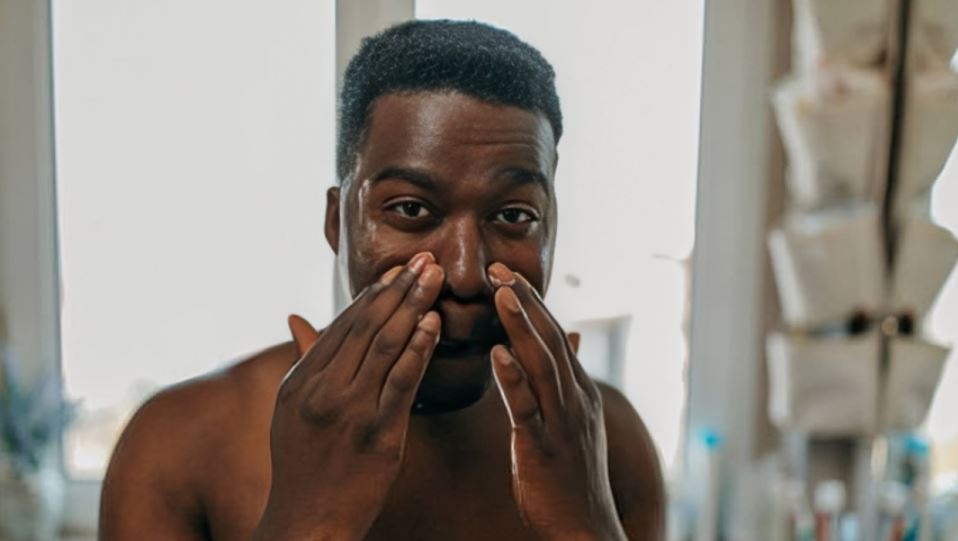Skincare has become one of the most talked-about topics online. From quick hacks on TikTok to elaborate routines on Instagram, social media has transformed how we learn about beauty.
But while it offers endless tips and tutorials, not everything we see is rooted in truth. The pressure to follow viral trends often leaves people spending money on products they don’t need, damaging their skin in the process, or chasing unrealistic results.
The truth is, skincare is deeply personal, and what looks flawless in a 15-second clip often hides a much longer story.
Here are five times social media has misled you about skincare, and what you should know instead.
1. The Myth of the 10-Step Routine
Social media often glorifies lengthy skincare routines, which are frequently filled with numerous serums, essences, and masks. The idea that more is always better has convinced many people to pile on products their skin never asked for.
In reality, layering too much can overwhelm your skin, cause irritation, and disrupt its natural barrier. Dermatologists often recommend keeping it simple: a cleanser, moisturiser, and sunscreen are the true essentials.
Everything else should be tailored to your specific skin concerns, not to what looks glamorous on a bathroom shelf.
2. Lemon Juice as a Miracle Cure
Few viral hacks have been as misleading as applying lemon juice directly to the face. Videos promising to brighten dark spots or shrink pores with fresh lemon juice look convincing, but overlook the risks. Lemon juice is highly acidic and can damage the skin barrier, causing burns or long-term sensitivity.
The glow you see online is often a temporary illusion that comes at a cost. If brightening is your goal, vitamin C serums and dermatologist-approved treatments are far safer options.
3. The Sunscreen Spray Obsession
A spritz of sunscreen spray on TikTok looks effortless and chic, but what you rarely see is how ineffective it can be when used alone. Many sprays do not deliver the even coverage your skin needs, leaving areas exposed to harmful UV rays.
Sunscreen should be applied generously, rubbed in thoroughly, and reapplied as needed throughout the day to ensure optimal protection. The convenience of sprays is fine for top-ups, but they should never replace a proper sunscreen application.
4. DIY Face Masks with Kitchen Ingredients
Avocados, coffee, turmeric, yoghurt; social media makes it look like your fridge is also your beauty cabinet. While some ingredients may have natural benefits, applying them directly to your face without proper preparation can be unsafe.
Coffee grounds can scratch the skin, turmeric can stain, and yoghurt may disrupt the skin’s natural pH balance. The polished results you see online often skip over the irritation, redness, and breakouts that follow. Skincare products exist for a reason: they are formulated to be safe, stable, and effective.
5. The Overnight Transformation Lie
The biggest trap of social media skincare is the promise of instant results. Before-and-after videos can make it seem as though acne can disappear in a day or that wrinkles can vanish with a single product.
The truth is, real skincare works slowly upon consistent use. It takes weeks, sometimes months, for products to show results. Social media thrives on quick gratification, but your skin thrives on patience.
The disappointment people feel after falling for these overnight miracles often leads them to abandon routines altogether.
Social media has made skincare accessible and exciting, but it has also blurred the line between advice and entertainment. Viral hacks and quick fixes may catch attention, but they rarely serve your skin’s best interests.
The reality is far simpler: a gentle, consistent routine built on quality products and backed by science will always outlast trends. Next time you see a glowing influencer touting a kitchen remedy or a 12-step ritual, pause and remember that your skin deserves care, not experimentation.
Related





















